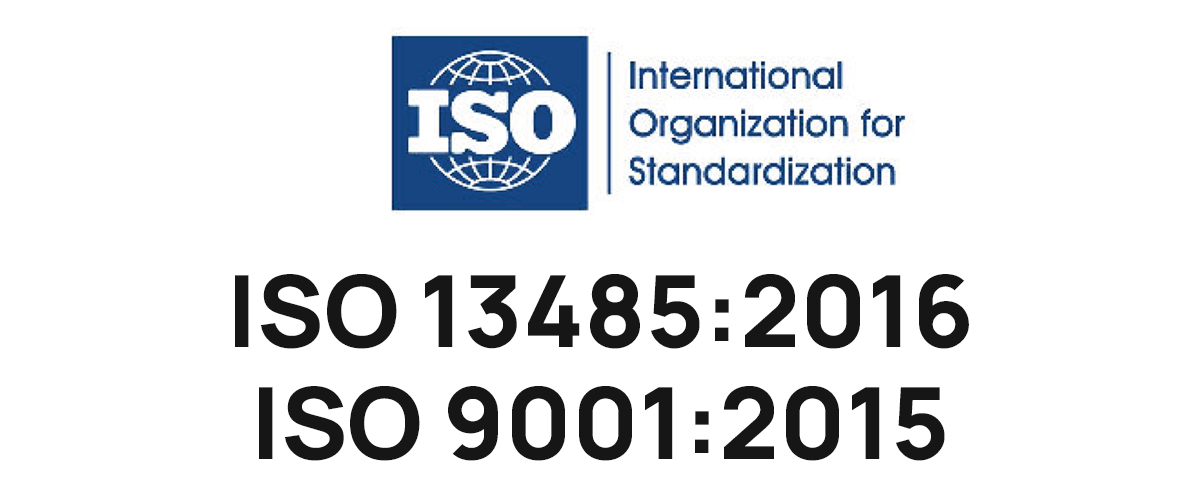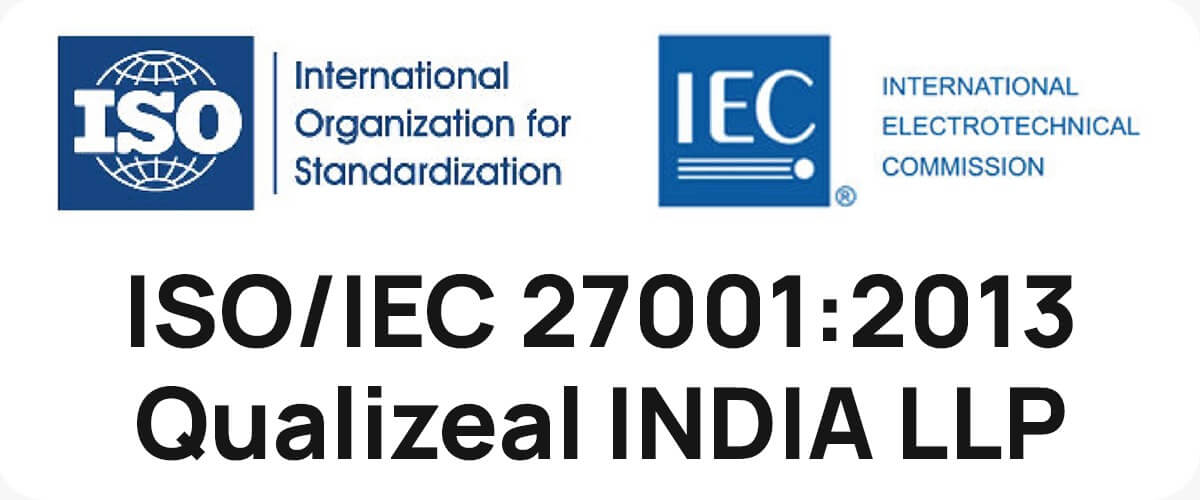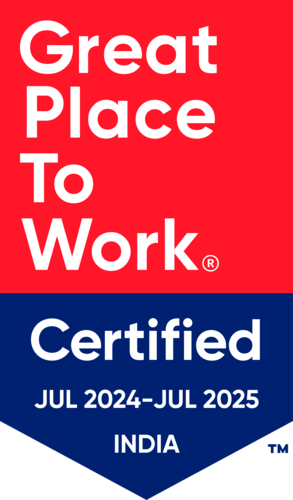In today’s fast-paced digital landscape, organizations are under constant pressure to innovate and stay ahead of the curve. A pivotal driver of this innovation is Robotic Process Automation (RPA), a technology that is reshaping the way businesses operate. According to a report by Deloitte, 53% of organizations have already embarked on their RPA journey, with an additional 19% planning to implement it within the next two years. Gartner further predicts that by 2025, nearly half of all business tasks will be automated using RPA and related technologies. These statistics underscore the transformative potential of RPA, a tool that is no longer a luxury but a necessity for businesses striving to maintain a competitive edge.

The Power of RPA in Digital Transformation
RPA is at the heart of digital transformation, serving as a catalyst for efficiency, accuracy, and scalability across various industries. By automating repetitive, rule-based tasks, RPA allows organizations to refocus their human workforce on more strategic, value-driven activities. This shift not only enhances productivity but also drives innovation by freeing up resources that can be redirected towards core business functions.
In the financial services industry, for example, RPA has revolutionized processes such as account reconciliation, loan processing, and regulatory reporting. A McKinsey study revealed that financial institutions implementing RPA have seen process time reductions of up to 80% and cost savings of 25-50%. These improvements are critical in an industry where precision and compliance are paramount.
In the healthcare sector, RPA is streamlining administrative tasks such as patient scheduling, billing, and claims processing. According to the Healthcare Information and Management Systems Society (HIMSS), RPA adoption in healthcare can reduce transaction times by up to 90%, allowing medical professionals to spend more time on patient care. This efficiency is particularly valuable in a field where time is often a matter of life and death.

Industry-Specific RPA Use Cases:
1. Manufacturing:
The manufacturing industry, characterized by complex supply chains and production processes, has benefited immensely from RPA. By automating tasks such as inventory management, order processing, and quality control, manufacturers can significantly reduce errors and downtime. According to a report by PwC, RPA can reduce order processing times by up to 60%, leading to faster delivery times and higher customer satisfaction. Additionally, RPA’s ability to integrate with existing enterprise systems ensures seamless data flow, further enhancing operational efficiency.
2. Retail:
In the retail industry, customer experience is paramount. RPA helps retailers deliver personalized experiences by automating customer service, order tracking, and inventory management. A study by Forrester found that retailers using RPA have seen a 20% increase in customer satisfaction scores and a 30% reduction in operational costs. Furthermore, RPA enables retailers to quickly adapt to changing market demands by providing real-time insights into customer behavior and inventory levels.
3. Telecommunications:
The telecommunications industry is highly competitive, with companies constantly vying for market share. RPA has become a critical tool for telecom companies to differentiate themselves by improving service delivery and reducing operational costs. By automating tasks such as billing, customer onboarding, and network management, telecom companies can achieve faster response times and higher service quality. According to a report by EY, telecom companies that have adopted RPA have seen a 15-20% reduction in operational costs and a 25% improvement in customer satisfaction.

The Strategic Benefits of RPA
Beyond the obvious operational efficiencies, RPA offers strategic advantages that drive digital transformation. One of the most significant benefits is scalability. RPA solutions can be easily scaled across different departments and geographies, making it an ideal choice for organizations looking to expand their operations without a corresponding increase in headcount.
Moreover, RPA’s ability to integrate with other emerging technologies such as Artificial Intelligence (AI) and Machine Learning (ML) amplifies its impact. For instance, when combined with AI, RPA can be used to automate more complex tasks that require cognitive capabilities, such as data analysis and decision-making. This convergence of RPA and AI, often referred to as Intelligent Automation, is paving the way for the next phase of digital transformation, where machines not only execute tasks but also learn and adapt to new situations.
Another critical advantage of RPA is its role in enhancing compliance and risk management. In industries such as banking, healthcare, and insurance, where regulatory requirements are stringent, RPA ensures that processes are executed consistently and in compliance with relevant laws and regulations. By automating audit trails and data validation, RPA reduces the risk of human error and ensures that organizations remain compliant with evolving regulatory standards.

While the benefits of RPA are clear, its implementation is not without challenges. Organizations often struggle with selecting the right processes to automate, managing change within the workforce, and integrating RPA with existing systems. However, these challenges can be mitigated through a strategic approach to RPA implementation.
It is essential to begin with a clear understanding of the organization’s goals and the specific pain points that RPA can address. A thorough process assessment is critical to identify high-impact areas where automation will yield the greatest benefits. Moreover, involving key stakeholders from the outset and providing adequate training to employees can help overcome resistance to change and ensure a smooth transition to automated processes.

QualiZeal’s Unparalleled Expertise in RPA
At QualiZeal, we understand that RPA is more than just a technology; it is a transformative force that can redefine the way businesses operate. Our RPA services are designed to help organizations unlock the full potential of automation, from initial process assessment to full-scale implementation and ongoing support.
Our team of experts brings a wealth of experience in deploying RPA solutions across various industries, ensuring that our clients achieve their digital transformation goals efficiently and effectively. We leverage cutting-edge tools and technologies, including UiPath, Blue Prism, and Automation Anywhere, to deliver customized automation solutions that align with our clients’ unique needs.
Whether you are looking to streamline your operations, enhance compliance, or drive innovation, QualiZeal is your trusted partner in RPA. Contact us today at qzinfo@qualizeal.com to learn how we can help you transform your business with RPA.
In conclusion, RPA is no longer a luxury but a necessity for organizations looking to stay competitive in today’s digital world. By automating routine tasks and enabling employees to focus on strategic initiatives, RPA fuels digital transformation and drives business growth. At QualiZeal, we are committed to helping our clients harness the power of RPA to achieve their digital transformation objectives and stay ahead of the competition.












